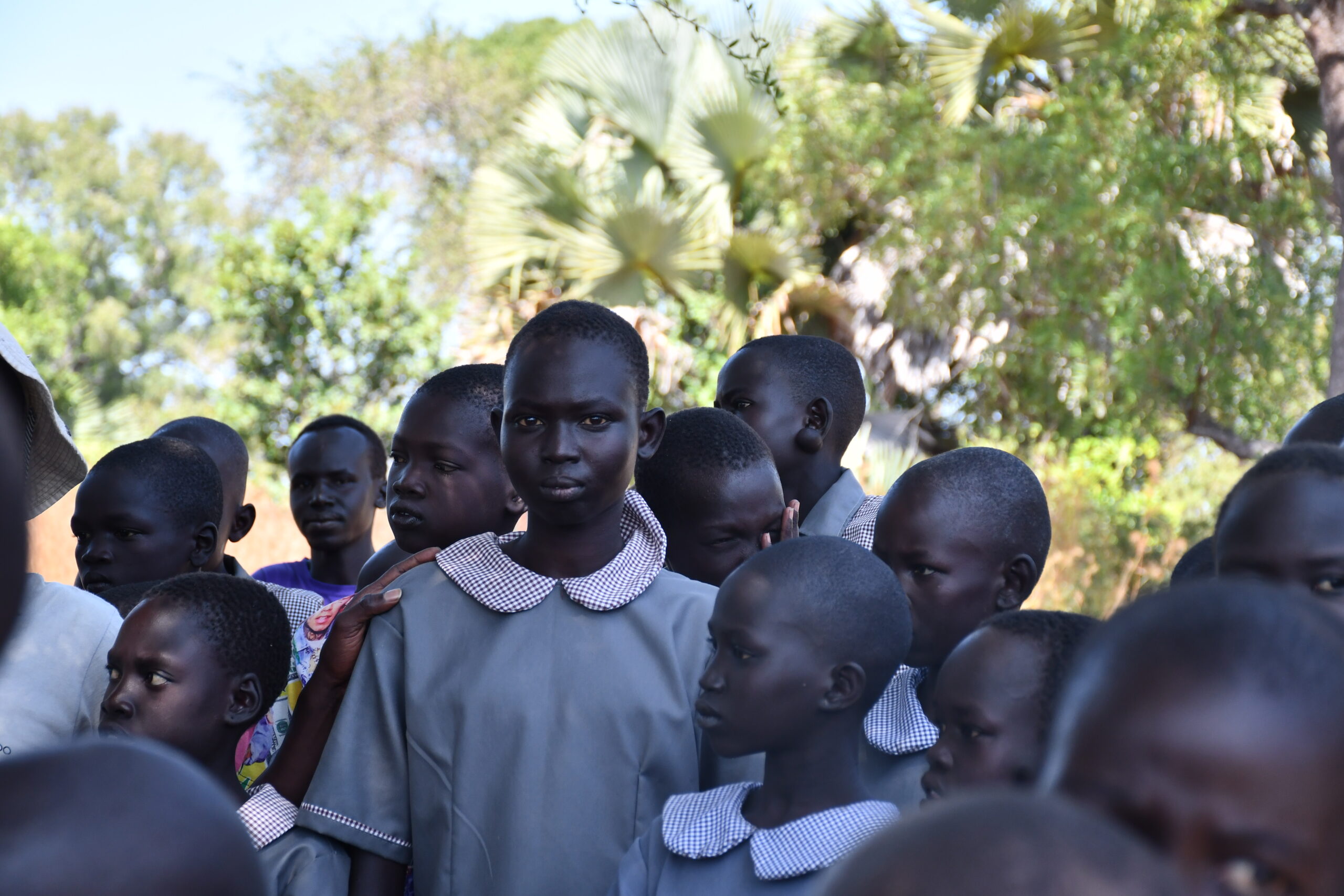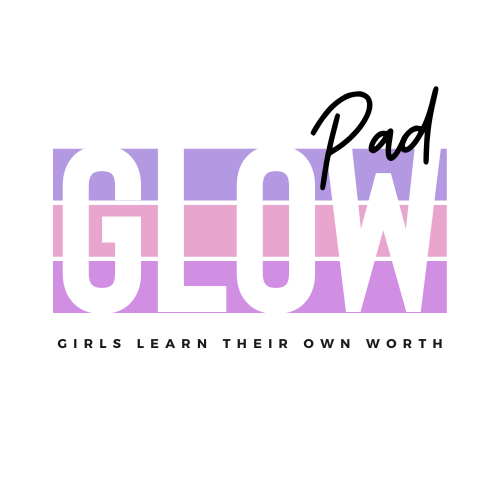
Millions of women and girls around the world are prevented from reaching their full potential. Just because they menstruate.
The 28th of May is a day to unite in solidarity and to think especially of those from marginalised communities in both the North and global South. Menstrual Hygiene Day (MHD) brings together non-profits, governments, the private sector, and millions of individuals to increase awareness and action towards a common goal: a #PeriodFriendlyWorld.
Period poverty is the struggle many women and girls from low-income households’ face while trying to afford menstrual products. As you can imagine, this term also relates to increased economic vulnerability and inequality women and girls face due the financial burden to access supplies which are not only menstrual pads and tampons, but also access and costs in relation to pain medication and underwear.
The impact of period poverty is significant and often in the contexts where we work there is stigma attached to such natural functions and girls are shamed not only jeopardising their own wellbeing but their attendance and learning at school due to needless discomfort and embarrassment.
As well as the lack of affordable hygiene products, misinformation and a lack of education worsens the experience of vulnerable girls and compels them to miss school and feel ashamed for bleeding – this domino effect means teens are jeopardising their own futures over needless period stigma, a phenomenon not unique to the global south but present here in Ireland too.
We have been working with the Jesuit East African Province to set up the GLOW programme (Co funded by the Jesuitenweltweit) which is a set of educational modules and an advocacy project aimed to spread awareness about menstrual hygiene, combat stigma and support girls’ education.
The project has 5 phases:

Phase 1: Reusable Pads
Developing a business model from procurement, production, costing, marketing, sales, and logistics. Through the GLOW project we are empowering women to set up their own tailoring business to produce sustainable and cost-effective reusable pads so that marginalised women have new income streams and local girls have greater access to menstrual products.
Phase 2: Girls Module
We have developed a module with teachers to roll out for girls prior to distributing GLOW pads. The education project is working in partnership with schools in South Sudan for teacher training and includes 4 group exercises, 5 student handouts & multimedia education tools.
Phase 3: Boys Module
Develop a module with teachers for boys. If we are to challenge stigma and inequality, it means education for all and empowering boys to become champions for girls’ education and building that empathy and understanding of the hurdles or barriers women and girls face in their daily lives.
Phase 4: Dignity Kits
Preparing and distributing Dignity Kits (bucket, soap for body, soap for laundry, pants) for males and females in all our schools, centres, and colleges
Phase 5: Healthy Relationships Module
Next year, we will develop a module for healthy relationships with teachers. These education workshops will empower both boys and girls to respect themselves and others and have the knowledge, awareness and understanding in a number of issues, such as self-worth, clear and healthy boundaries in relationships and topics related to bullying and domestic violence.

